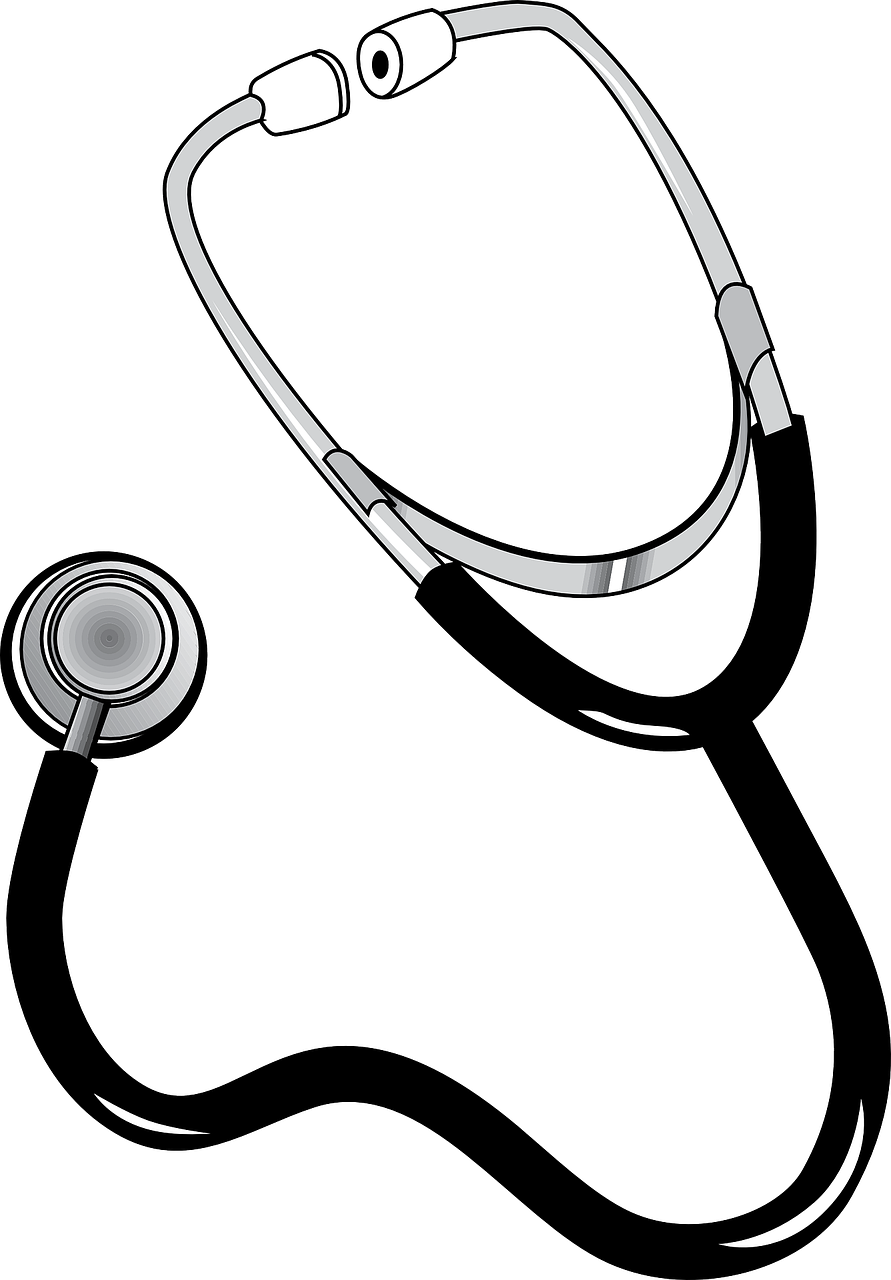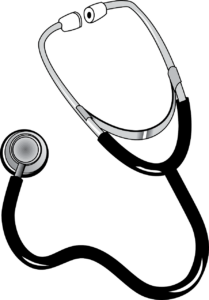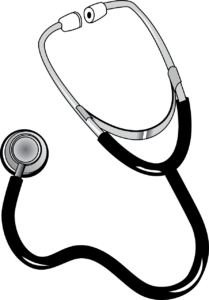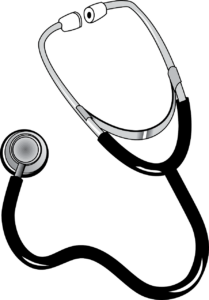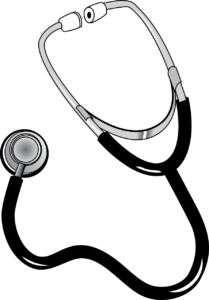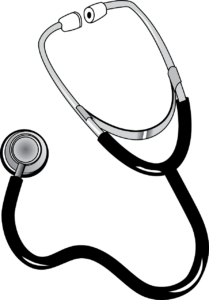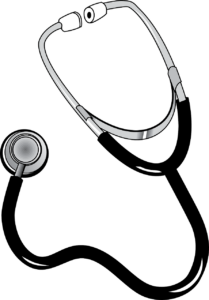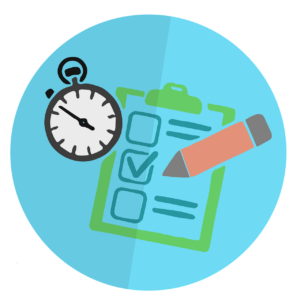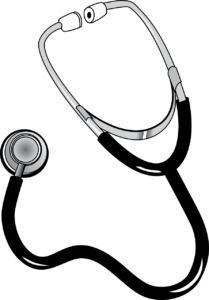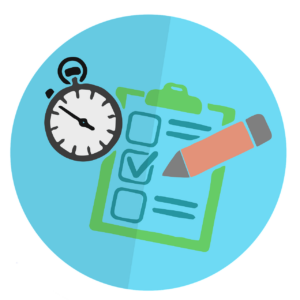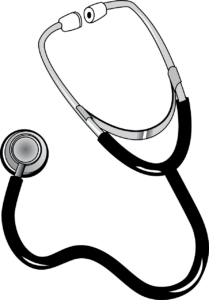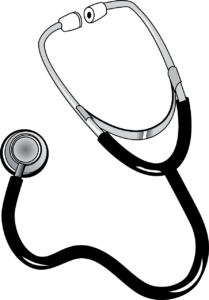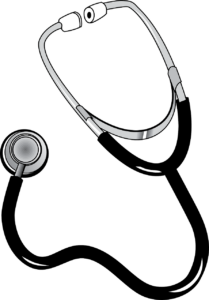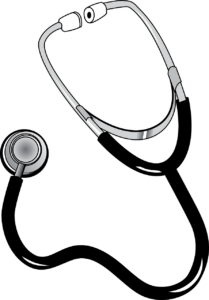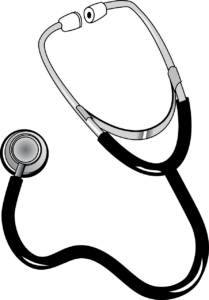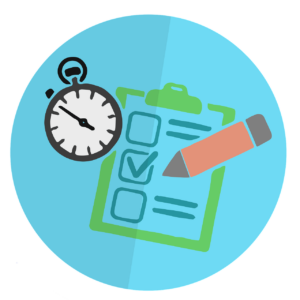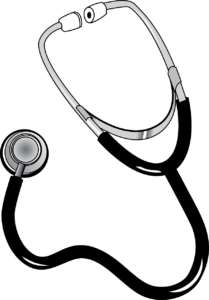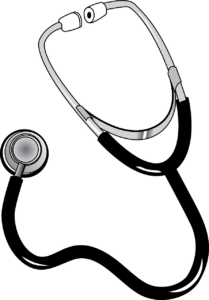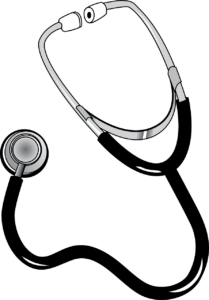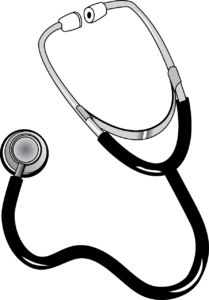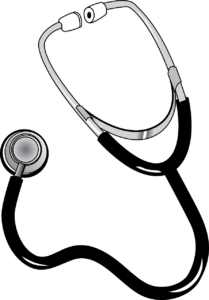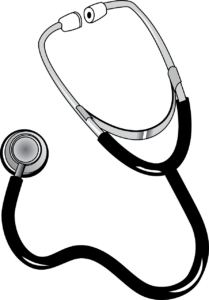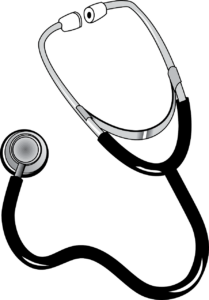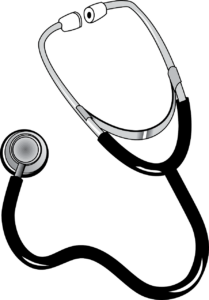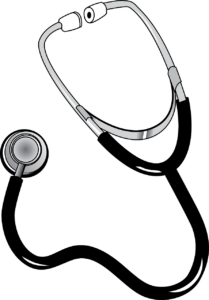Are you a nursing student looking for comprehensive review materials to help you prepare for your exams?
Look no further than nursing exam questions and answers PDFs. These resources provide a convenient and efficient way to study and test your knowledge on a variety of nursing topics.
With nursing exam questions and answers PDFs, you can review material on anatomy and physiology, pharmacology, patient care, nursing ethics and legal issues, and more. These resources are designed to help you succeed on your exams and become a knowledgeable and competent nurse.
So why spend hours scouring through textbooks and notes when you can have all the material you need in one convenient place? Start utilizing nursing exam questions and answers PDFs today and take your nursing education to the next level.
Key Takeaways
- Nursing exam Q&A PDFs provide a comprehensive review of various nursing topics, including anatomy and physiology, pharmacology, patient care, nursing ethics, and legal issues.
- Understanding anatomy and physiology and pharmacology is crucial for nurses to safely and effectively care for patients.
- Patient care interventions, infection control measures, and palliative care are important aspects of nursing care.
- Test-taking strategies, such as time management, elimination techniques, and managing test anxiety, can help improve nursing exam performance.
Benefits of Using Nursing Exam Questions and Answers PDFs
Using nursing exam Q&A PDFs offers numerous benefits. These include saving time, improving retention, and enhancing exam preparation. The importance of these materials can’t be overstated, especially for students who need to pass their nursing exams.
With PDFs, students have easy access to a wide range of nursing exam questions and answers. They can review the materials anytime and anywhere. Accessibility of nursing exam materials is also a significant advantage of using PDFs. Students can download and save the materials on their devices, ensuring they have them on hand whenever they need to study.
This ease of access allows students to review nursing concepts and theories at their own pace, which is essential for effective learning. Using nursing exam Q&A PDFs can also help students focus on the most important concepts and topics. This can improve their chances of passing their exams.
Anatomy and Physiology
You’ll love learning about the intricacies of your body’s structure and function in anatomy and physiology. This subtopic deals with the various body systems and their corresponding medical terminologies. Understanding anatomy and physiology is an essential foundation for any healthcare profession, particularly nursing.
It allows you to comprehend the different physiological processes happening inside the human body and how they relate to each other. In nursing exam questions and answers PDFs, anatomy and physiology is one of the most crucial topics covered. These materials provide a comprehensive review of the different body systems and their corresponding terminologies.
By studying this subtopic, you’ll gain a better understanding of the human body’s different functions, which is essential for assessing a patient’s condition and providing proper care. With the help of nursing exam questions and answers PDFs, you’ll be able to prepare yourself for the nursing licensure exam and be equipped with the knowledge and skills necessary to become a competent nurse.
Pharmacology
Get ready to dive into the fascinating world of pharmacology, where you’ll learn about the effects of various drugs on the human body and how they can be used to treat different illnesses and conditions. As a nurse, it’s critical to have a comprehensive understanding of pharmacology so you can safely and effectively administer medications to your patients. Here are three essential things you need to know about pharmacology:
- Drug Interactions: When multiple drugs are taken together, they can interact with each other and either enhance or diminish their effects. It’s important to be aware of potential drug interactions to prevent any harmful effects on your patient.
Always review a patient’s medication history and consult with a pharmacist or physician if you have any concerns about potential drug interactions.
- Medication Administration Techniques: There are various medication administration techniques, such as oral, intravenous, subcutaneous, and intramuscular. Each technique has its own unique considerations and potential risks.
As a nurse, it’s important to know the appropriate technique for each medication, as well as the proper dosage and administration instructions.
- Adverse Effects: All medications have potential adverse effects, which can range from mild to severe. As a nurse, it’s important to monitor patients for any adverse effects and report them promptly to the physician.
It’s also critical to educate patients about potential adverse effects and how to manage them if they occur. By understanding the potential adverse effects of medications, you can ensure the safety and well-being of your patients.
Patient Care
As a caregiver, your primary focus is on providing compassionate and attentive patient care that ensures their comfort and well-being. Patient care is a crucial aspect of nursing, and it involves various nursing interventions that promote patient safety. These interventions include monitoring vital signs, administering medications, providing wound care, and ensuring proper hygiene.
To ensure patient safety, nurses must be knowledgeable about the patient’s medical history, allergies, and current medications. They must also be vigilant in monitoring for any signs of adverse reactions to medications or changes in the patient’s condition. Additionally, nurses must prioritize infection control measures to prevent the spread of infections in healthcare settings. By implementing these nursing interventions, nurses can provide high-quality patient care that promotes patient safety and improves patient outcomes.
| Nursing Interventions | Patient Safety | |||
|---|---|---|---|---|
| Monitoring vital signs | Preventing falls | |||
| Administering medications | Preventing medication errors | |||
| Providing wound care | Preventing infections | Implementing fall precautions | Preventing patient elopement |
Nursing Ethics and Legal Issues
In this section, you’ll learn about nursing ethics and legal issues, which are important aspects of patient care.
You’ll explore topics such as HIPAA regulations, informed consent, end-of-life care, malpractice, and negligence.
It’s essential to understand these key points to ensure that you provide ethical and legally compliant care to your patients.
HIPAA Regulations
HIPAA regulations must be followed by healthcare professionals to protect patient privacy. As a nurse, it’s crucial to ensure HIPAA compliance in all aspects of patient care. Here are some important things to keep in mind:
-
Keep patient information confidential: This means not discussing patient information with anyone who isn’t involved in the patient’s care, including family members and friends.
-
Use secure communication methods: When communicating about patients, only use secure methods such as encrypted email or secure messaging systems to ensure that patient information isn’t compromised.
-
Properly dispose of patient information: When disposing of patient information, make sure to shred or destroy it properly to prevent anyone from accessing it.
-
Limit access to patient information: Only those who need to access patient information should be given access to it. This includes limiting access to electronic medical records and keeping paper records in a secure location.
-
Report any breaches: If there’s a breach of patient information, it must be reported immediately. This includes any unauthorized access, use, or disclosure of patient information.
By following these guidelines, healthcare professionals can ensure that patient privacy is protected and that they remain in compliance with HIPAA regulations.
Informed Consent
Now that you have a good understanding of HIPAA regulations, let’s move on to another important topic in nursing: informed consent. As a nurse, it is crucial that you know the importance of informed consent as it is necessary for protecting the patient’s autonomy, promoting patient-centered care, and ensuring that the patient fully understands the risks and benefits of a treatment or procedure.
Informed consent is a process that involves the patient being provided with information about their treatment or procedure, including the risks, benefits, and alternatives, and then voluntarily giving their consent to proceed with the treatment or procedure. The components of informed consent include disclosure of information, capacity to consent, understanding of information, voluntariness of consent, and documentation of consent. As a nurse, you will play a crucial role in facilitating the informed consent process and ensuring that the patient’s rights are protected.
| Component | Definition |
|---|---|
| Disclosure of information | Providing the patient with information about their treatment or procedure, including risks, benefits, and alternatives |
| Capacity to consent | Assessing the patient’s ability to make an informed decision and understand the information provided |
| Understanding of information | Ensuring that the patient understands the information provided and can make an informed decision |
| Voluntariness of consent | Ensuring that the patient is making the decision to consent voluntarily and without coercion |
| Documentation of consent | Documenting the informed consent process, including the information provided and the patient’s decision |
Remember, informed consent is a critical aspect of patient care, and as a nurse, it is your responsibility to make sure that the patient fully understands their treatment or procedure options and gives their consent voluntarily. By following the components of informed consent, you can ensure that the patient’s rights are protected, and they receive patient-centered care.
End-of-Life Care
As a caregiver, you’ll need to consider your loved one’s end-of-life care preferences and make sure they’re respected. This can be a difficult and emotional process, but it’s important to have open and honest conversations about what your loved one wants and needs during this time.
One option for end-of-life care is palliative care, which focuses on improving the quality of life for patients with serious illnesses. This can include managing pain and other symptoms, emotional support, and help with decision-making.
It’s also important to consider bereavement support for both yourself and your loved one’s family and friends after they pass away. This can include counseling, support groups, and other resources to help cope with grief and loss.
Remember that everyone grieves differently and there’s no right or wrong way to go through the grieving process. As a caregiver, it’s important to take care of yourself and seek support as well.
Malpractice and Negligence
Caregivers should be aware of the risks of malpractice and negligence, which can occur when healthcare professionals fail to provide the appropriate standard of care and cause harm to patients. Malpractice prevention is crucial in ensuring that patients receive the best possible care and that healthcare professionals are held accountable for their actions. To prevent malpractice, healthcare professionals must be knowledgeable about their legal responsibilities, including their duty to provide care that meets the standard of care for their profession.
One way to prevent malpractice is to maintain thorough and accurate patient records. This includes documenting all assessments, interventions, and medications administered, as well as any adverse events or complications that arise during treatment. In addition, healthcare professionals must communicate effectively with their patients, actively listening to their concerns and addressing any questions or issues that arise. By prioritizing patient safety and staying up-to-date on best practices in their field, healthcare professionals can minimize the risk of malpractice and ensure that their patients receive the best possible care.
| Malpractice Prevention | Legal Responsibilities |
|---|---|
| Maintain thorough and accurate patient records | Provide care that meets the standard of care for their profession |
| Communicate effectively with patients | Stay up-to-date on best practices in their field |
| Prioritize patient safety | Be knowledgeable about their legal responsibilities |
Review and Test-Taking Strategies
Now that you’ve covered nursing ethics and legal issues, it’s time to discuss review and test-taking strategies.
To help you maximize your performance on exams, it’s important to develop effective time management skills and learn elimination techniques for multiple-choice questions.
Additionally, managing test anxiety and reviewing key concepts can also help boost your confidence and improve your test scores.
Time Management
You can optimize your nursing exam performance by mastering time management skills through consistent practice and self-discipline. One effective technique that you can use is the Pomodoro technique. This involves breaking down your study time into 25-minute intervals, with a 5-minute break in between. This approach can help you stay focused and avoid burnout while studying for long periods of time. Additionally, it can help you manage your time effectively by allowing you to allocate your study time to specific topics or subjects.
Another important aspect of time management is prioritization skills. When studying for a nursing exam, it’s essential to identify the most important topics and concepts that are likely to appear on the test. This will help you allocate your time and resources more efficiently. By focusing on high-priority topics first, you can ensure that you have covered the most essential concepts before moving on to less important ones.
This approach can help you feel more confident and prepared on exam day, as you’ll have a solid understanding of the most critical topics.
Elimination Techniques
Mastering elimination techniques is a crucial aspect of test-taking that can significantly improve your chances of selecting the correct answer. Elimination techniques are test preparation strategies that involve eliminating answer choices that are clearly incorrect, leaving you with a higher likelihood of selecting the correct answer.
Here are some tips on how to effectively use elimination techniques:
- Read the question carefully and identify the keywords.
- Cross out answer choices that are clearly incorrect or irrelevant.
- Look for answer choices that are similar in meaning and choose the best one.
- If you’re unsure about an answer, use the process of elimination to narrow down your choices and make an educated guess.
By using elimination techniques, you can increase your confidence and accuracy when taking nursing exams. Remember to take your time, read carefully, and trust your instincts. With practice, you can become a master at eliminating incorrect answer choices and selecting the correct answers.
Test Anxiety Management
Feeling anxious about taking a test can be overwhelming, but there are ways to manage it. One effective strategy is to practice relaxation techniques such as deep breathing, progressive muscle relaxation, and visualization. These techniques can help calm your mind and body, reducing the physical symptoms of anxiety such as sweating, trembling, and rapid heartbeat.
By incorporating these techniques into your daily routine, you can train your body to respond to stressful situations in a more relaxed manner.
Another helpful strategy for managing test anxiety is cognitive restructuring. This technique involves recognizing and challenging negative thoughts that contribute to anxiety, such as "I’m going to fail"or "I’m not smart enough."Instead, try replacing these thoughts with more positive and realistic ones, such as "I’ve studied hard and I’m prepared"or "I can handle this."
By changing your perspective and focusing on your strengths and abilities, you can build confidence and reduce anxiety when taking nursing exams.
Review of Key Concepts
Now that you’ve learned about test anxiety management, it’s time to review some key concepts that’ll help you prepare for your nursing exam. By using effective study techniques and improving your memory retention, you can increase your chances of passing the exam with flying colors.
To start, here are some tips to help you study more efficiently:
-
Organize your study materials and notes in a clear and concise manner.
-
Create a study schedule and stick to it.
-
Practice active learning by engaging with the material, such as by taking notes, asking questions, and making connections.
-
Use mnemonic devices, such as acronyms or rhymes, to aid in memory retention.
Remember that everyone has their own unique learning style, so it’s important to experiment with different study techniques until you find what works best for you. By implementing these tips and committing to a consistent study routine, you’ll be well on your way to acing your nursing exam.
Frequently Asked Questions
How can I find the best nursing exam questions and answers PDFs?
If you’re looking for the best nursing exam questions and answers PDFs, there are a few things you can do.
First, consider looking for online resources that offer reliable sources for nursing exam material. This could include reputable nursing organizations, educational institutions, or even trusted nursing blogs and forums.
You’ll want to make sure that the resources you find are up-to-date, accurate, and provide a comprehensive review of the material you’ll be tested on.
Additionally, you can ask your instructors or fellow nursing students for recommendations on where to find the best nursing exam questions and answers PDFs.
By doing some research and seeking out reliable sources, you can increase your chances of success on your nursing exams.
What are the common mistakes that nursing students make when taking exams?
When it comes to taking exams, nursing students often make a few common mistakes. One of the biggest is poor time management. It’s easy to get caught up in one question and spend too much time on it, leaving little time for the rest of the exam.
To avoid this, it’s important to have test taking strategies in place, like setting a time limit for each question and moving on if you get stuck. Another mistake is not reading the instructions carefully. This can lead to errors in answering questions or missing important details.
Finally, not studying effectively is another mistake. Make sure to review all the material thoroughly and practice with sample questions to prepare yourself for exam day.
How does the nursing exam differ from other medical exams?
When it comes to medical exams, the nursing exam has a unique format that sets it apart from other types of exams. Unlike other medical exams that may focus solely on memorization, the nursing exam requires critical thinking skills and the ability to apply knowledge to real-life scenarios.
To prepare for the nursing exam, it’s important to not only memorize information but also to practice analyzing and applying that information to various situations. Some effective preparation strategies include practicing with sample questions, reviewing key concepts and principles, and seeking out additional resources such as study groups or tutoring.
By focusing on both memorization and critical thinking skills, you can increase your chances of success on the nursing exam.
What are some effective study techniques for nursing exams?
To effectively study for nursing exams, you should consider using flashcards and group study sessions. Flashcards are a great way to memorize important information and concepts. You can create flashcards for key terms, medications, and procedures.
Group study sessions are also helpful because you can discuss difficult topics with your peers and learn from each other’s perspectives. You can quiz each other, share study materials, and work through practice questions together. Additionally, group study sessions can help you stay motivated and accountable for your studying.
By using these study techniques, you can improve your chances of success on nursing exams.
How can I overcome test anxiety during nursing exams?
If you’re struggling with test anxiety during nursing exams, there are several relaxation techniques that can help you calm your nerves. One effective technique is deep breathing exercises, where you inhale deeply through your nose and exhale slowly through your mouth.
Another technique is progressive muscle relaxation, where you tense and relax each muscle group in your body one at a time. Additionally, mindfulness exercises, such as meditation or visualization, can help you stay present and focused during the exam.
It’s important to find what works best for you and to practice these techniques regularly leading up to the exam so that they become second nature. Remember to take breaks during the exam to stretch, breathe, and refocus your mind.
By incorporating these relaxation and mindfulness techniques, you can overcome test anxiety and perform your best on nursing exams.
Conclusion
Congratulations! You’ve now completed reading this comprehensive review of nursing exam questions and answers in PDF format. You’ve gained valuable insights on various topics, such as anatomy and physiology, pharmacology, patient care, nursing ethics and legal issues, and review and test-taking strategies.
By using these materials, you’ve equipped yourself with the knowledge and skills necessary to pass your nursing exams. The benefits of using nursing exam questions and answers in PDFs can’t be overstated. Not only do they provide a convenient way to study, but they also allow you to track your progress and identify areas for improvement.
In conclusion, as you prepare for your nursing exams, make use of the resources available to you, including nursing exam questions and answers in PDF format. With diligence and hard work, you’ll soon be on your way to becoming a successful and competent nurse.
Good luck!




